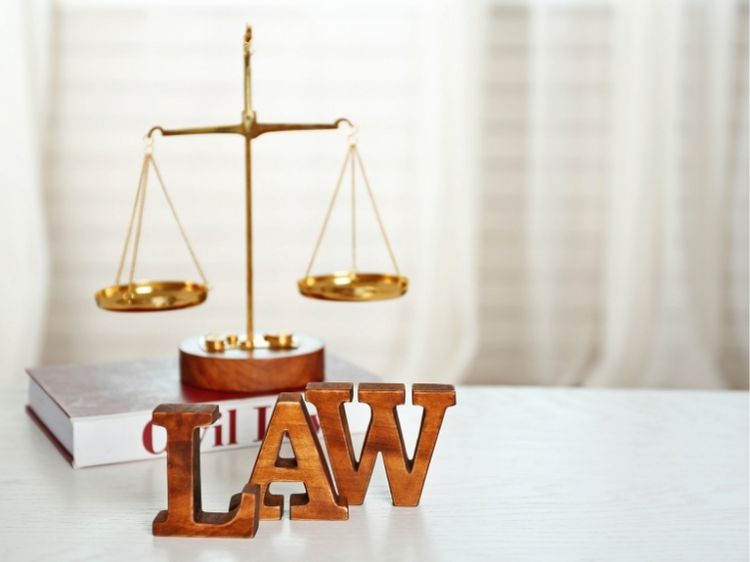Law-abiding citizens evoke feelings of integrity, responsibility and social cohesion. This term refers to individuals who obey their country’s laws for the greater good of society – even though legal codes differ depending on your location – fostering order and fairness within society as a result. But what exactly is involved in being law-abiding? Why is it vital for civilization? We will explore these questions along with exploring its values and significance within modern life.
Understanding the Role of Law-Abiding Citizens
Law-abiding citizenship means adhering to and following the rules and regulations established within a given jurisdiction. Laws designed to promote peace and order serve as the cornerstone of functional societies; whether that means following traffic regulations, paying taxes promptly or refraining from engaging in harmful behaviors, compliance with laws ensures society runs efficiently.
Being law-abiding goes far beyond mere obedience; it also encompasses an ethical commitment to fairness and justice. Citizens who follow the law not only avoid legal repercussions but also set an excellent example by obeying its rules – contributing to an environment where trust, safety, and mutual respect thrive.
Law-Abiding Citizens Are Essential to Society
Society thrives when its members agree collectively to abide by its laws. This agreement is implied in the social contract that unites individuals under one set of rules, creating an implicit social contract governing individual lives and behavior. When citizens abide by these rules it creates an effect of stability and security – people trusting that their rights will be upheld within an environment of justice.
Consider this: If individuals disregarded laws at will, chaos and anarchy would ensue. Without traffic regulations, roads could become perilous; without property laws protecting against theft, trust would erode. Adherence to laws ensures the functioning of society – law-abiding citizens play an integral part in this dynamic by choosing order over disorder and fairness over selfish gain.
Characteristics of Law-Abiding Citizens
Integrity is one such characteristic. A person with integrity conducts themselves honestly even when no one is watching, making sure their actions meet societal standards and ethical principles.
Responsibility is another hallmark. Law-abiding citizens understand their responsibilities–from voting in elections, reporting crimes, or fulfilling civic duties–and take them seriously. This sense of accountability strengthens bonds within communities while stimulating collective growth.
Awareness is crucial. A law-abiding citizen stays abreast of the laws governing their society, keeping abreast of changes that impact legal systems while advocating for necessary adjustments. Ignorance cannot be used as an excuse for breaking them; informed individuals are better equipped to navigate complex legal systems while advocating for necessary alterations.
Law-Abiding Behavior Has Repercussions
Law-abiding behavior extends far beyond one’s immediate surroundings. Lawful actions encourage others to follow suit, creating a culture of respect. Children learn from adults around them; by setting an exemplary example through parenting, teaching and community leadership roles parents, teachers and community leaders instill honesty, fairness and responsibility in future generations.
Law-abiding citizens contribute significantly to the economic stability of their nations. Businesses thrive when laws protect property rights and enforce contracts; investors tend to be more trusting of economies where rules are upheld consistently; thus individuals’ actions have an outsized effect on society and economic life in general.
Challenges Arise In Upholding the Role of Law-Abiding Citizens
Although the benefits of law-abiding citizenship are clear, there may also be challenges associated with being law-abiding citizens. Not all laws are equal or just, and blind adherence may perpetuate injustice – for instance segregation laws in the US serve as examples where legal frameworks contradict ethical principles; when this happens it becomes essential that citizens utilize legal means peacefully to advocate for change through peaceful means.
Corruption and unequal enforcement of laws can erode public confidence in legal systems, creating distrust among citizens who observe others breaking them with impunity, leading to reduced compliance rates among them. Addressing these challenges requires robust governance, transparency and active citizen participation aimed at holding authorities accountable.
Path to Becoming a Law-Abiding Citizen
Begin to become an ideal law-abiding citizen by taking small, deliberate steps. Begin with education about local laws and their impacts on daily life, then participate in discussions about legal and ethical matters; engaging with these discussions encourages critical thinking and awareness.
Advocating for justice and fairness is equally essential. When confronted by unjust laws or practices, legal channels should be used to push for reform. Join community organizations, participate in peaceful protests, vote for leaders who uphold fairness and equity principles, and cast votes that reflect such beliefs in order to create a more just society. By doing this, not only are you obeying the law but you are helping build it too!
Conclusion
Being a law-abiding citizen goes far beyond simply obeying the rules. They form the backbone of society by upholding integrity, responsibility, and awareness – acting to foster trust between generations while creating economic security for future generations to thrive in an orderly world. While challenges do exist, law-abiding citizens work collectively towards eliminating them to ensure justice prevails within our societies – by accepting this role we each can contribute to creating a more equal society for future generations.



